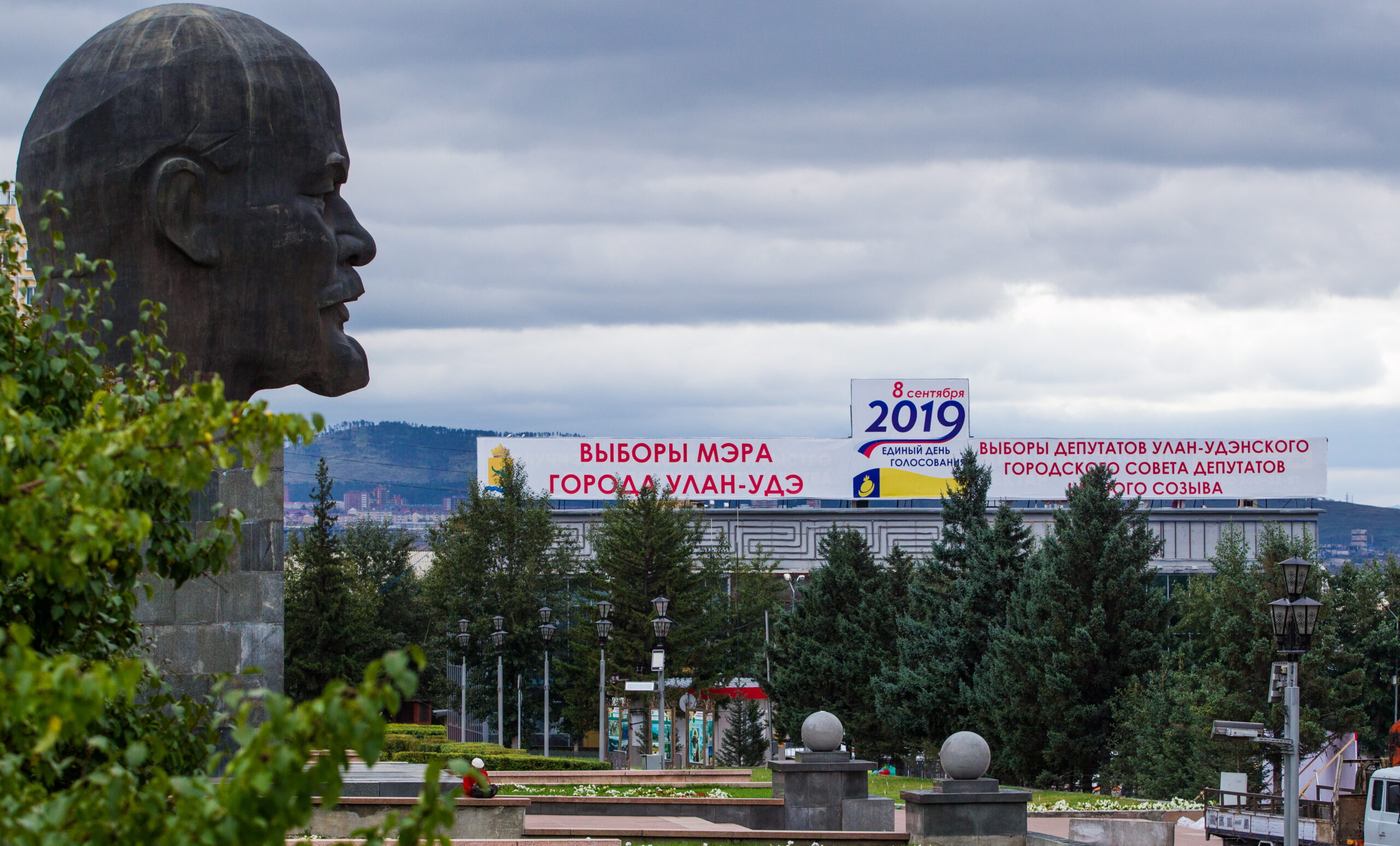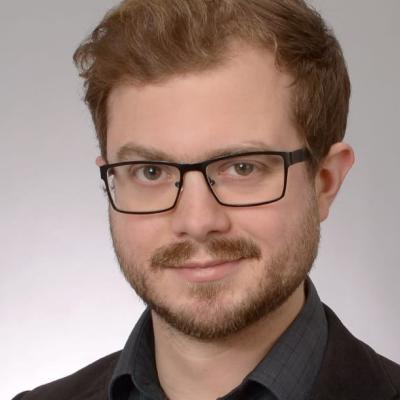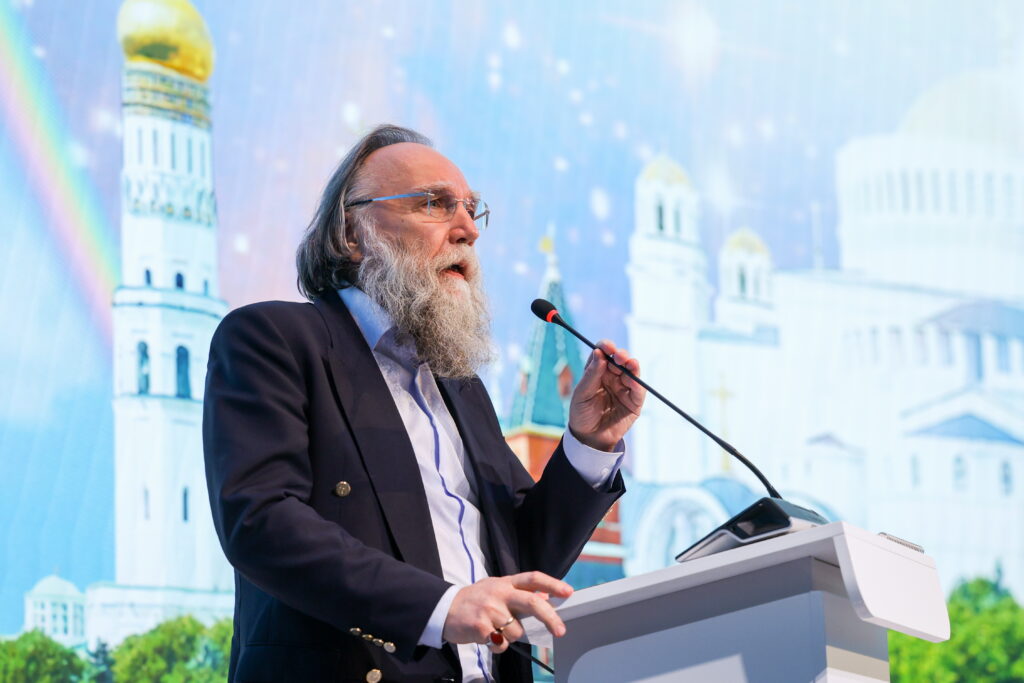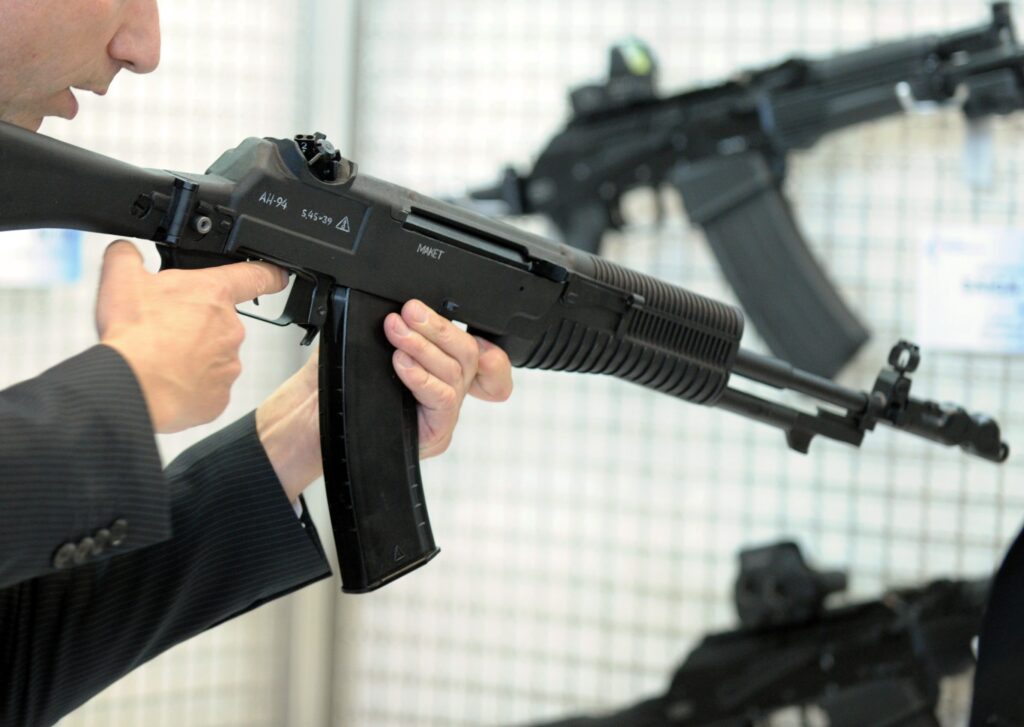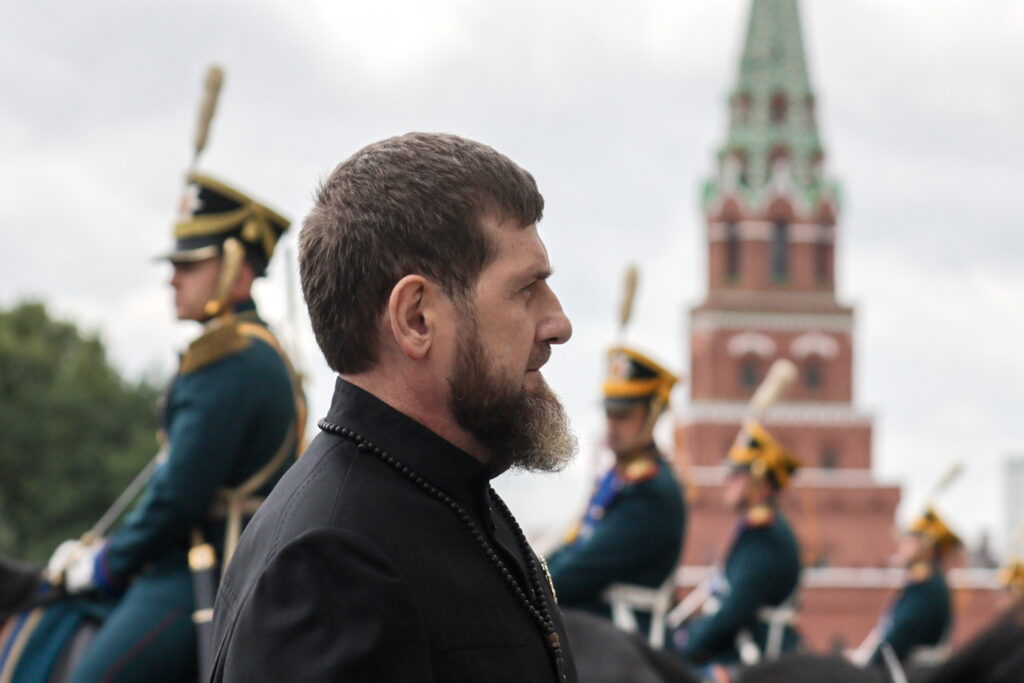Alexey Tsydenov, the head of the Republic of Buryatia, proposed this January to scrap direct mayoral elections in Ulan-Ude, the region’s capital. This proposal came just a couple of months before the city was to hold its next mayoral election, and nearly five years after street protests broke out when Tsydenov’s ally, Igor Shutenkov, was declared the winner over the communist candidate Vyacheslav Markhaev. Ulan-Ude is the only major city in Russia where direct mayoral elections were reintroduced since the Kremlin made it possible for local lawmakers to scrap elections. At the end of February, it became known that deputies of the Khural of Buryatia postponed consideration of the bill introduced by Tsydenov for an indefinite period. However, in the future, the capital of Buryatia may still lose the right to directly elect its head. This is indicated by the expansion of federal efforts to suppress local self-government.
Following the full-scale invasion of Ukraine in 2022, the Kremlin has tried to reduce domestic political risks by slowing down the rotation of domestic political cadres. Apart from two minor changes in the federal government in 2022, no one has been dismissed, the fall rotation of governors practically ceased, and only a handful of regional leaders were changed in spring 2022 and 2023. The second stage of a public administration reform — which was started in 2021 and was going to redesign the relationship between regions and municipalities — was frozen.
However, starting in late 2022, the authorities did gradually resume pushing some changes. Tomsk and Novosibirsk saw their right to elect their mayors directly scrapped (both had been cities where independent politicians and candidates who had aligned with Alexey Navalny’s campaign had achieved electoral successes in 2020). In Novosibirsk, this cancellation of elections upset an earlier power-sharing deal between governor Andrey Travnikov, an outsider, and the city’s communist mayor, Anatoly Lokot. The authorities started legal campaigns against independent deputies in both cities. In September Tomsk’s governor, Vladimir Mazur, and the city assembly settled on a new mayor: Dmitry Makhinya, an ally of Mazur from Omsk. Novosibirsk will get a new mayor some time in March.
In October 2023 the State Duma adopted, in the first reading, a draft law that will allow governors to dismiss mayors in case they do not fix problems within a month of their being warned by the head of their region. Due to the vague formulation of the draft, this would essentially be a somewhat watered-down version of the president’s right to dismiss governors due to a «loss of trust». While the draft does not contain another, more controversial part of the 2021 reform proposal — the scrapping of thousands of free-standing municipalities and their institutions and folding them into bigger municipal districts — several regions have de facto started implementing this policy over the past two years.
So why are municipalities so crucial for the Kremlin?
Firstly, they play important roles in electoral politics, which continues to be the core of the Kremlin’s legitimization strategy. An oft-quoted example is the use of «municipal filters». This is where gubernatorial candidates need to collect a set number of supporting signatures from municipal deputies — and it prevents unwanted candidates from running To work, this obviously requires a firm control over municipal assemblies. But this is not the only way cities play a role. One of the key performance indicators for regional governors is the delivery of electoral results desired by the federal center. This is more difficult in major cities. To illustrate this point, disregard the so-called «electoral sultanates» (the North Caucasian republics, Tatarstan, Bashkortostan, Tuva and Kemerovo, a handful of regions with strong local political machineries that are able to deliver high turnouts and near-unanimous support for the ruling party), as well as Moscow and St. Petersburg, which are regions unto themselves. Instead, look at the other major cities during the 2021 legislative elections United Russia’s results in voting precincts located in regional capitals was, on average 6.4 points lower than in the region as a whole. Discrepancies between the political sympathies of city dwellers and countryside voters would of course not be unheard of even in democracies; however, all Russian regions where this gap was larger than 10 points were also listed by electoral researcher Sergey Shpilkin as regions where «significant» levels of electoral falsification could be observed. It might seem that the explanation is more likely that the electoral manipulation techniques that the authorities rely on work less well in relatively wealthier and better-connected areas. Recent research also suggested that governors nonetheless have an easier time to plug this gap if they are relying on appointed, rather than elected mayors.
Second, several regional cities have become hotbeds of grassroots activism and unpredictable protests. Independent deputies with access to financial planning documents and the bully pulpit of their offices could support these protests. This was true even before the forced restructuring of Russia’s economy due to the war. This restructuring hit city-dwellers the hardest over the past two years. While the authorities responded to protests in Moscow in 2011−12 by doubling the city’s finances over less than a decade and embarking on an ambitious beautification campaign, there is simply no budget available to meet the needs of smaller cities in the same way. The average dependence of municipal budgets on regional budgets was between 63 and 67% over the past five years and municipalities have had considerably fewer means to restructure their debt than the regions, which, for most of the past decade, have been able to rely on cheap budgetary loans to replace their loans from the market. This has contributed to growing municipal debt and even put the issue of struggling municipal budgets on the federal political agenda twice in 2023 (in April when Putin instructed the government to find a way to make municipalities more financially resilient; and in October when the Federation Council discussed Russia’s federal budget).
No more money to heal wounds
Due to the lack of money, the federal government went the other way: minimizing the risks by way of regulation. Most smaller municipalities and regional seats have had their directly elected mayors replaced with appointed city managers years ago. In 2023 the authorities launched the «School of Mayors», an initiative that, like its predecessor, the «School of Governors», is meant to corporatize public administration and replace directly elected and accountable politicians with efficiency-focused managers. At the same time, the so-called Centers for Regional Management (TsUR), which collect complaints from citizens for the use of regional and federal authorities, will be expanded to help appointed municipal leaders.
Third, while municipalities on the whole are increasingly struggling financially, bigger cities still allocate significant budgets. While not comparable to Moscow or St. Petersburg, the city budget of Novosibirsk, Russia’s third largest city, was 83 billion rubles in 2023. Even Yakutsk, a much smaller city, spent more than 10 billion rubles over the past year directly. Construction projects, service and supply contracts signed by cities represent an important source of rent for the local political and business elite — or for the business interests that a technocratic outsider governor, appointed by the president, and their team want to introduce to the region. In a similar vein, a city with a degree of political independence — from the governor and their team — can support potential local rivals to the governor. This, of course, also depends on the city’s dependence on transfers from the regional budget, however, as the example of former Yakutsk mayor Sardana Avksentieva showed, even weaker cities can produce local politicians with a relatively strong profile. In Vladivostok, it was likely the same fear that motivated the region’s governor, Oleg Kozhemyako, not to reinstate direct mayoral elections after his appointment, in spite of his earlier promises.
The gradual elimination of local self-governance, the construction of a kind of local government that is responsive, rather than responsible to citizens, is a logical consequence of the evolution of Putin’s governance, as well as of the increasingly paranoid, security-focused way of administering domestics politics during the war. This road, however, is riddled with risks for the Kremlin.
The federal government has, over the past two decades, tightened the formal and informal rules of political competition such that, with some notable exceptions, this is now only broadly possible on the local and municipal level. There, however, voters and interest groups have still had a degree of freedom to push for changes in their own interest, and, as long as their demands did not question the Kremlin’s political primacy, also achieved a series of (limited) successes. Trying to eliminate competitive politics even at this level could be akin to closing a safety valve. At the same time, the gradual erosion of the performance-based legitimacy of regional as well as the federal government means that grassroots legitimacy — be it behind a popular mayor, a deputy or simply a local cause — is less and less tolerated.
Local authorities and councils also fulfil important tasks and — as many regional officials are also ready to point out — they are usually a resident’s most direct contact with government. Citizens complain to local officials and council members about problems with public services, utilities and other issues affecting their everyday life. Plans to scrap thousands of local councils — even if they have diminishing financial authority — or replacing elected officials with social media monitoring will likely negatively affect these relationships. Outsider mayors who have no connection to the cities that they are entrusted with leading can increase the animosity of voters,. as it happened in Elista, the seat of Kalmykia, in 2019.
Any such reform can also result in an unexpected pushback or a downright mess. The scrapping of Tomsk’s mayoral election, in the narrative of the regional authorities, was supposed to usher in a period of stability after a three-year interregnum. Instead, it led to a months-long horse-trading, which showcased that the governor had considerable opposition in the city council. One of the likely reasons why the regional authorities have not scrapped direct mayoral elections in Khabarovsk — which since 2020 is one of the most protest-minded cities in Russia — is the strong hold of local elites over the city assembly. Tsydenov’s proposal, no doubt years in the making, came only after United Russia strengthened its position in the region’s legislature in last year’s regional election.
Hence the muddling through. Like several other unpopular and controversial policies, such as mobilization or COVID-era restrictions, the Kremlin has made the direction of municipal reform clear and unquestionable, and it expects lower-level officials to assume the political responsibility for higher-level decisions while keeping a tab on any political risks associated with them. It reflects the federal government’s extreme risk avoidance, hinting at both the inertia of the solidifying power vertical, and its underlying fragility.
